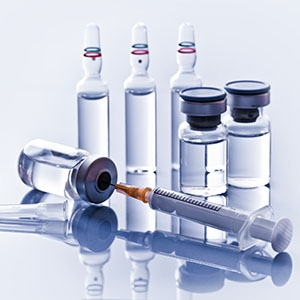Features
From AI paradoxes to Pharma 4.0™ breakthroughs, this issue of Pharmaceutical Engineering explores the digital frontier of pharmaceutical manufacturing. Discover how avatars, digital twins, and strategic skill-building are reshaping the industry—while visual inspection and cybersecurity remain critical. Innovation meets practicality in a future-ready edition packed with insight, strategy, and transformation.































































